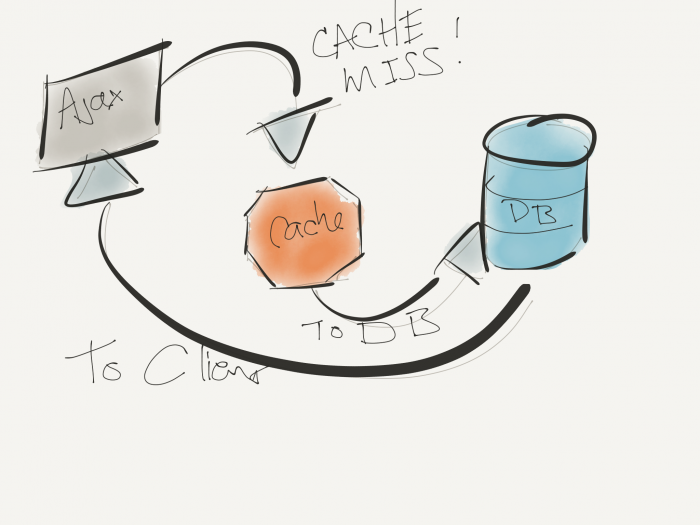One of the ideas that intrigue me is the “ship it or die” mentality. Regarding what it’s called, there are variations thereof, but the idea behind the phrase is simple:
If you have an idea, get it from concept to product as quickly as possible.
Sure, the idea of getting to concept to a product may also be called “concept to cash” but there’s never a guarantee that you’re going to generate cash, right? There is a guarantee that you can get it into a tangible product, though.
And in software development circles, there’s always a lot that a person can argue for or against the idea. Off the top of my head, the two pros and cons that come immediately to mind are:
- Pro. Getting something done quickly that works and that [potentially] generates revenue.
- Con. Weak architecture, maintenance, scalability, testability, and so on.
In short, there may be a tradeoff between how fast you can get ship something for a market and the architecture behind the project. Sometimes there is, sometimes there isn’t. Generally speaking, though, I think it’s safe to assume the former.
Furthermore, some may see the former as the easy way out, some may see the latter as an exercise in YAGNI or, even more simply, that the problem can be addressed whenever it comes up.
But what does this have to do with anything at the moment?


